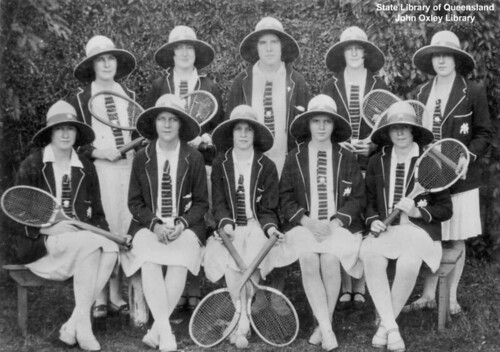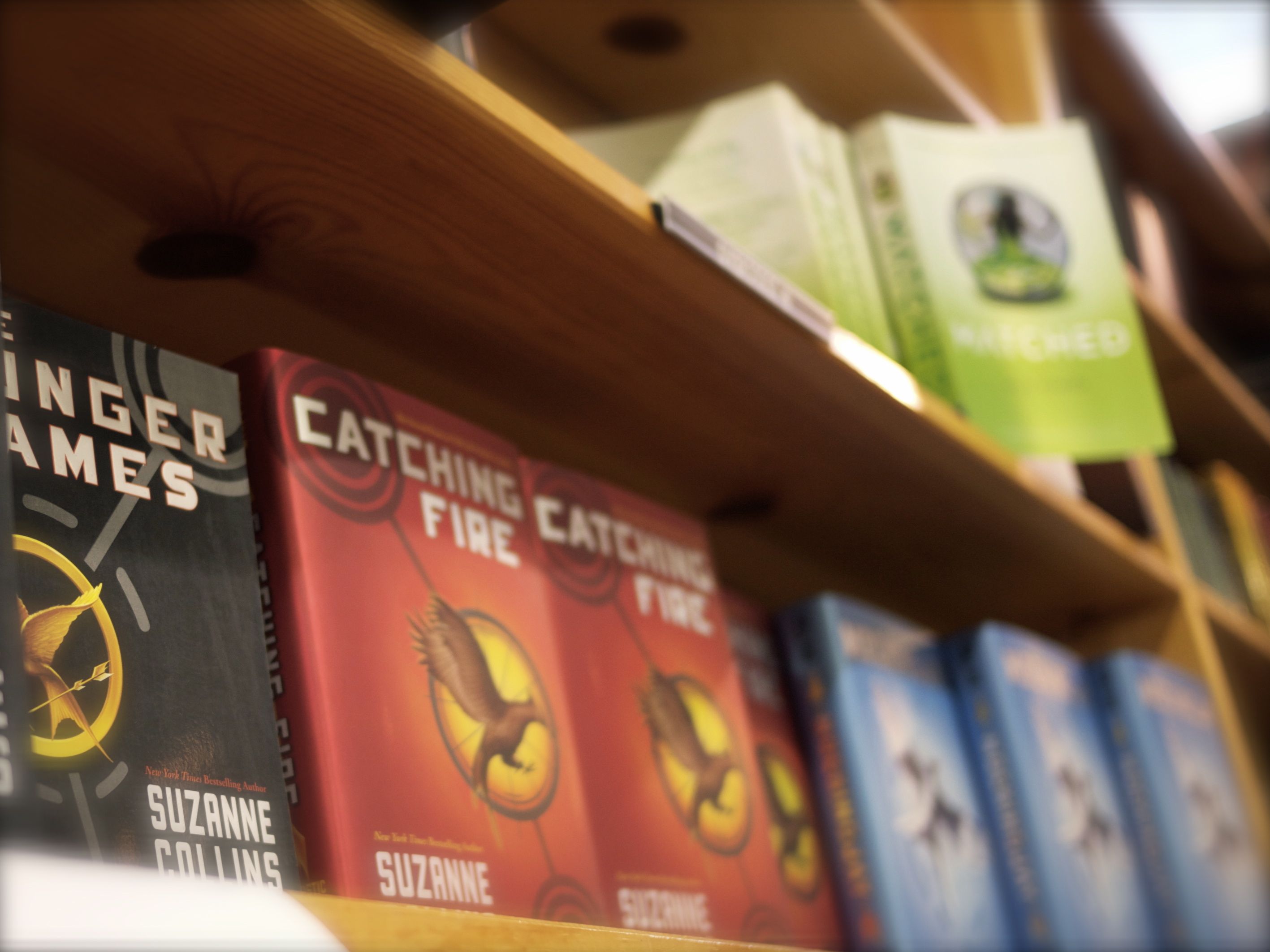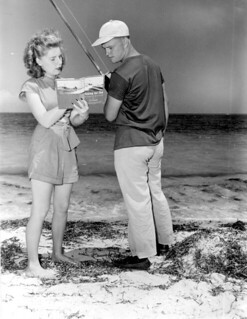Nearly every week this summer we saw news of a self-published author’s “new adult” novel’s acquisition and reissue by a mainstream publisher, setting off a flurry of speculation that “new adult” is the next big thing. This was further bolstered by three digital-first imprints or publishers putting out the call for submissions in this category.
Significant publishing deals and emerging publishers seeking out “new adult” titles aside, I’m not entirely sure that it really is the next big thing—or that an entirely new category is even necessary.
The term “new adult” first emerged in 2009 when St. Martin’s Press hosted a contest searching for manuscripts featuring protagonists in the 18 to mid-twenties age range. It was touted as,
…fiction similar to YA that can be published and marketed as adult—a sort of an “older YA” or “new adult.”
In essence, it was a response to the phenomenon of adults reading teen fiction and a search for a method to best capitalize on that audience that discovered young adult fiction. Ultimately, St. Martin’s declined to acquire any of the manuscripts they received as part of the contest; two finalists were later acquired by other publishers in the young adult category (Girl of Fire and Thorns and The Treachery of Beautiful Things).
Fast-forward three years (and I think this timing is significant), ebooks have gained meaningful marketshare—14 percent of units sold in 2011 versus four percent in 2010 (with genre fiction, notably romance, often exceeding the average) and self-publishing has become more normalized. Books like Easy (which I recommend), Slammed, Beautiful Disaster and Flat-Out Love are self-publishing “new adult” success stories, and are all now published by traditional publishers. Each of these books tells a story of an older teen and are considered “edgier” that typical YA fare (I do not agree with this assessment, however—there’s a wide range of edginess in the teen market).
All signs point to “new adult” becoming a full-fledged fiction category, right?
Well, I don’t know. But, I have some questions.


























